Basic Tools
Tools you will need to build your own Eurorack modules
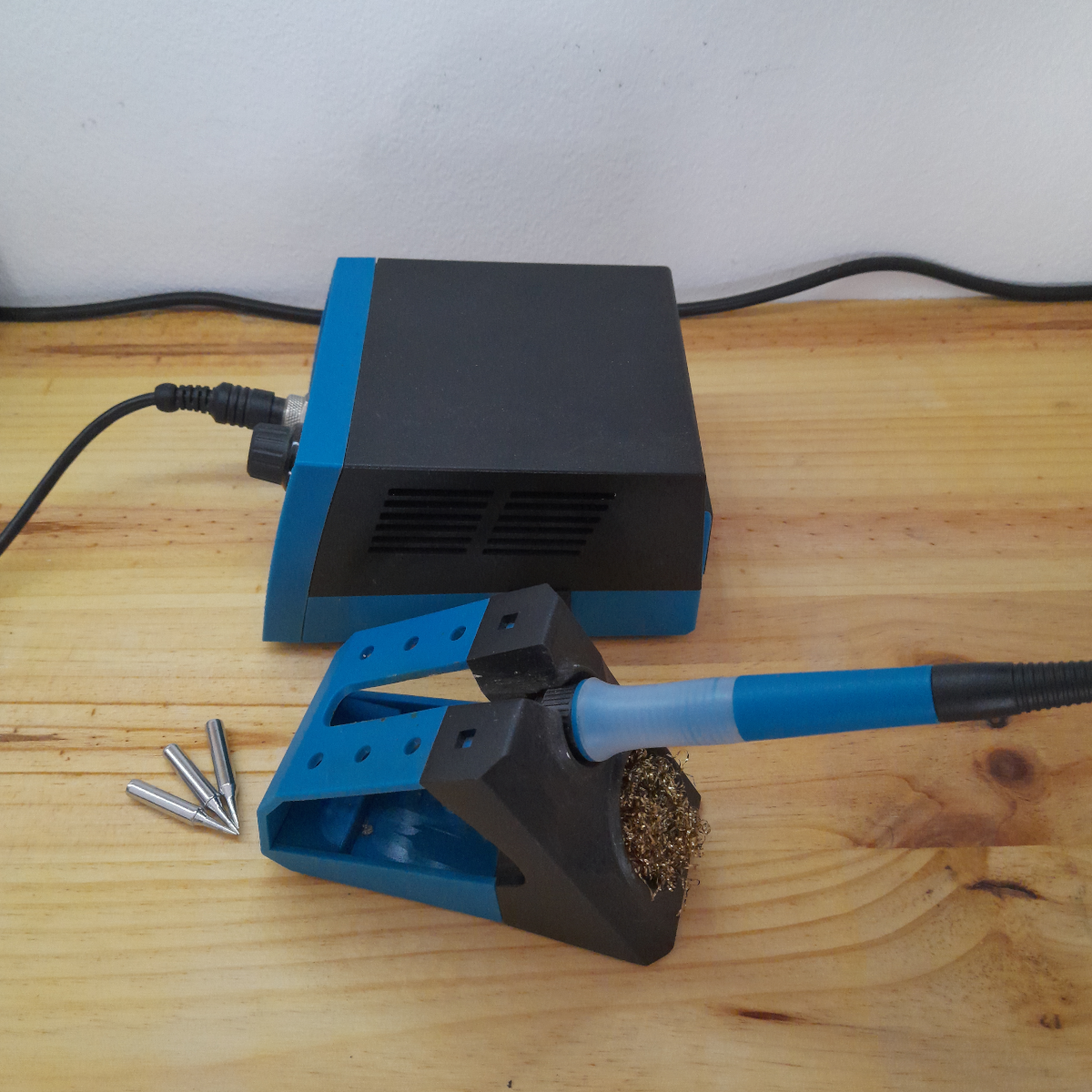
Solder Iron / Station
If you have some kind of soldering iron at home, that's probably a good starting point. When you're planning to solder more often, it is advisable to get yourself a proper solder station with variable temperature control.
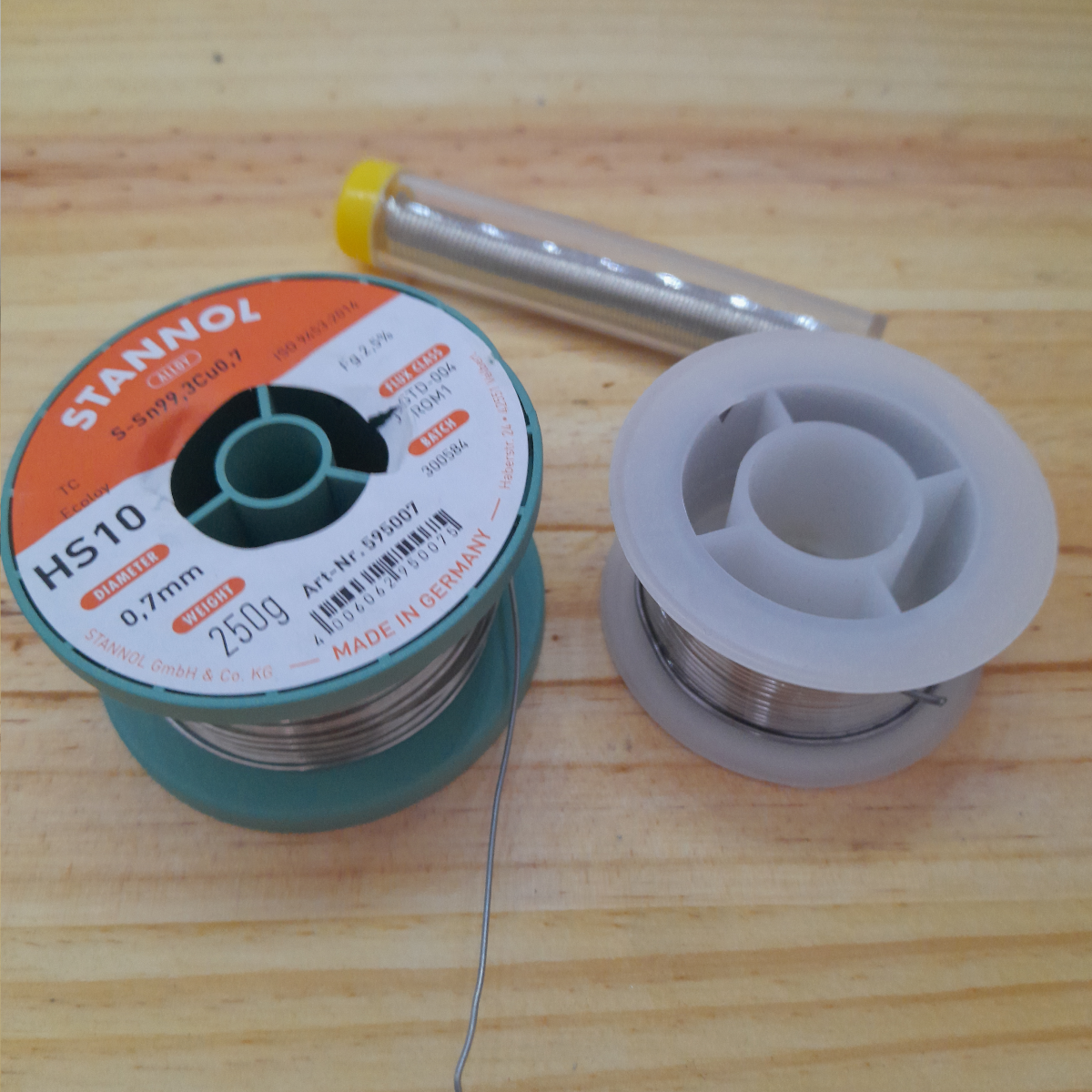
Solder wire
Since the use of heavy metals can cause serious health problems and is prohibited in most placed, you should get lead-free solder wire.
Avoid cheap chinese stuff, you will not be happy with the resuls. Get it from a known brand or see some reviews if you are unsure.
The wire diameter should not be greater than 1mm. Best way to go is from 0.5mm - 0.8mm
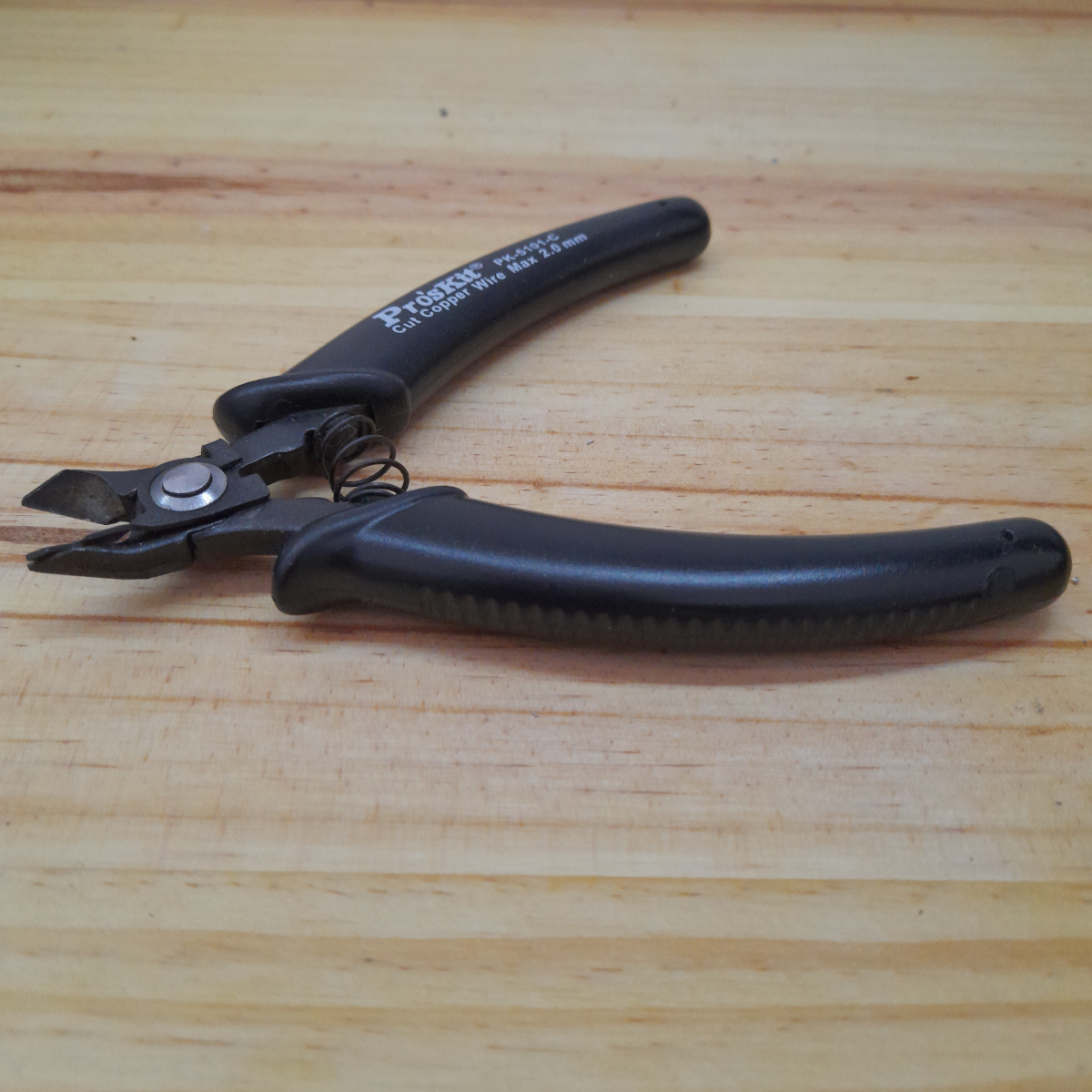
Wire side cutter
You will need a good side cutter, to cut off the through hole solder legs.
Make sure, they are with one flat side, so you can cut the legs directrly on the surface of the PCB, without standing off and the risk of shorting connections.
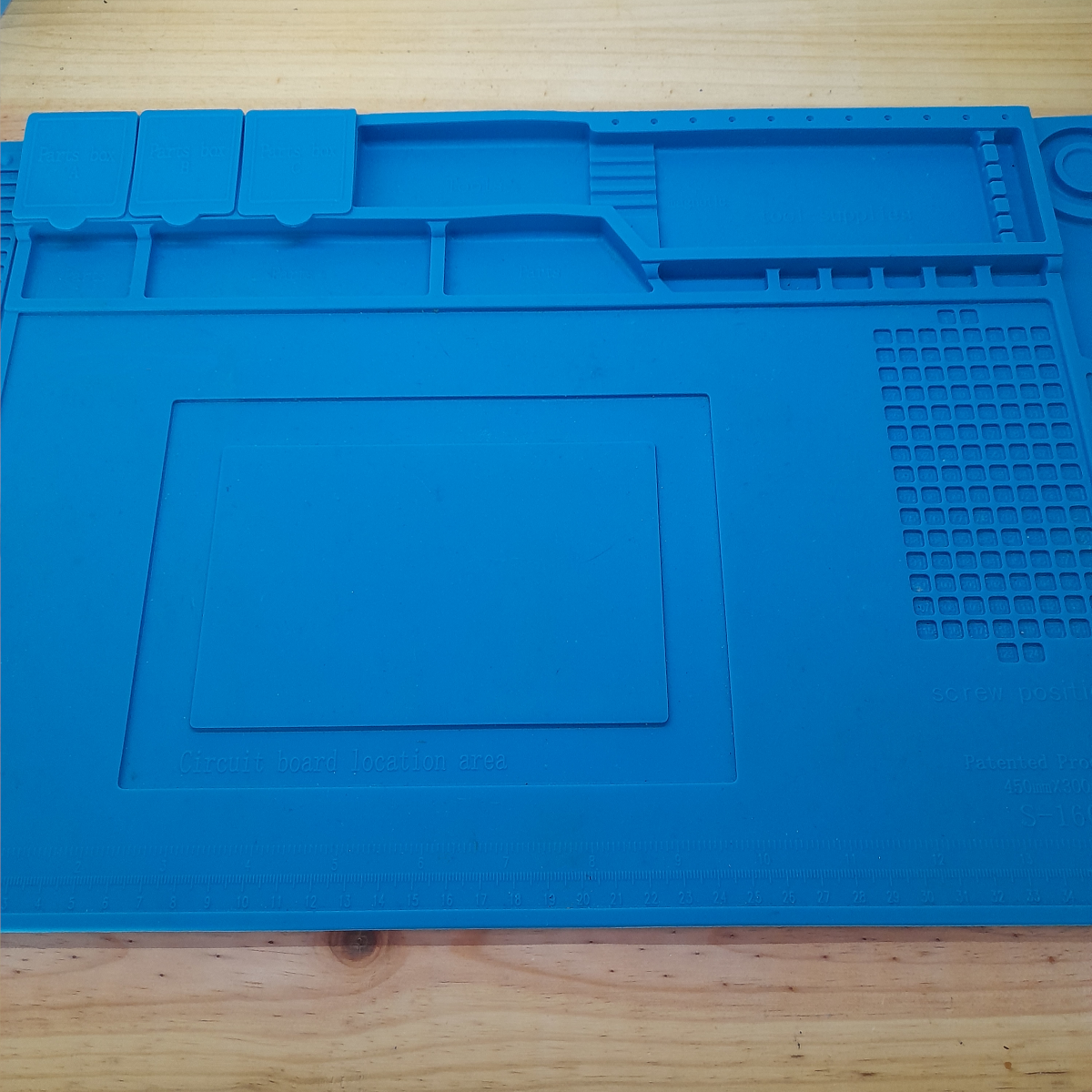
Working surface
Keep in mind, that you will work with melting metal and you want to avoid, having it on your favourite Dining table.
You can use some wooden board as your working surface or buy a silicon / rubber solder mat. Those often give you some space to organize the componens you need for the build.
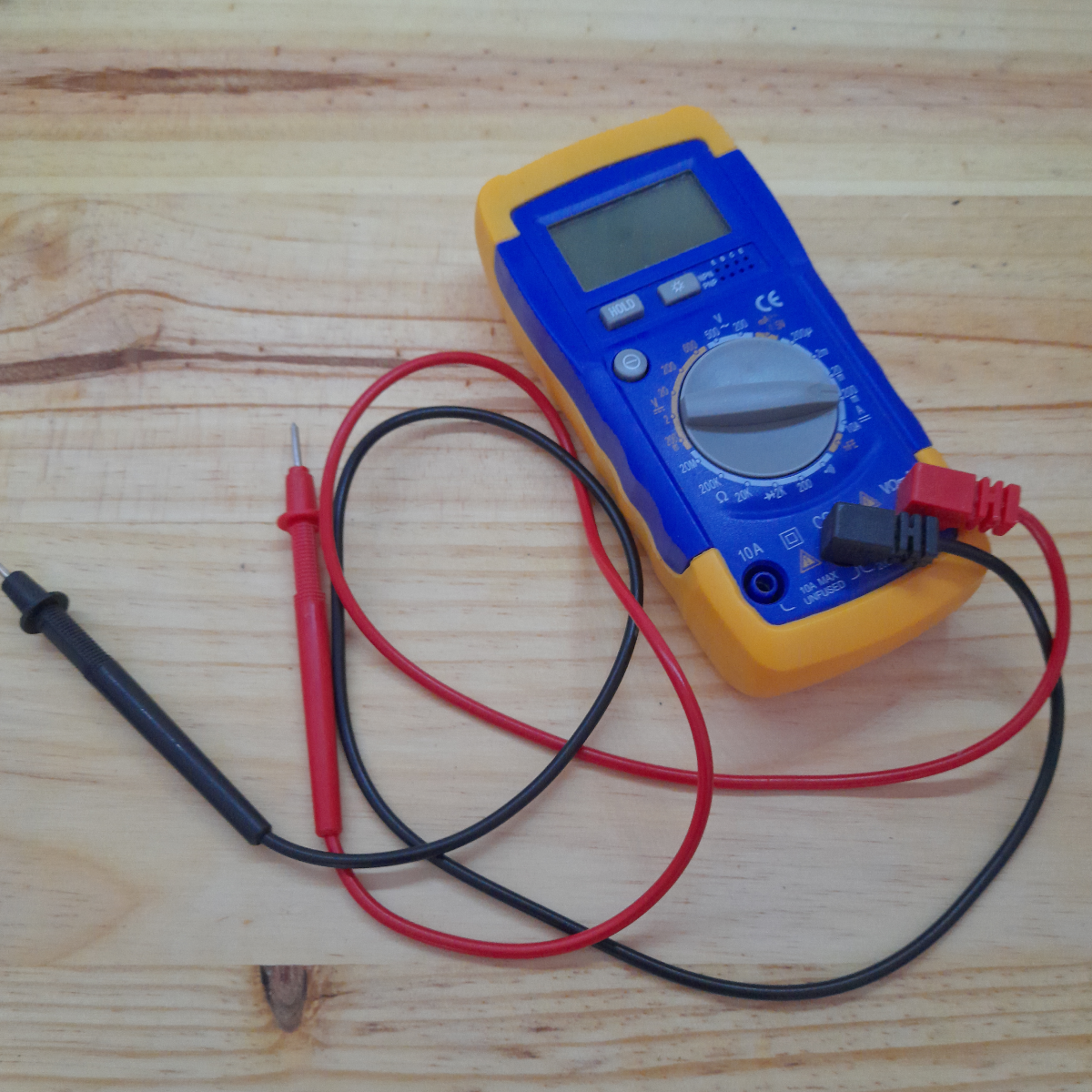
Multimeter
With the help of a multimeter or phase checker, you should check the power pins of your module, before connecting power to it.
You can also double check resistor values by measuring with the meter.
Helpful Tools
You can get away with the tools listed above, but the following list makes your builds a lot easier
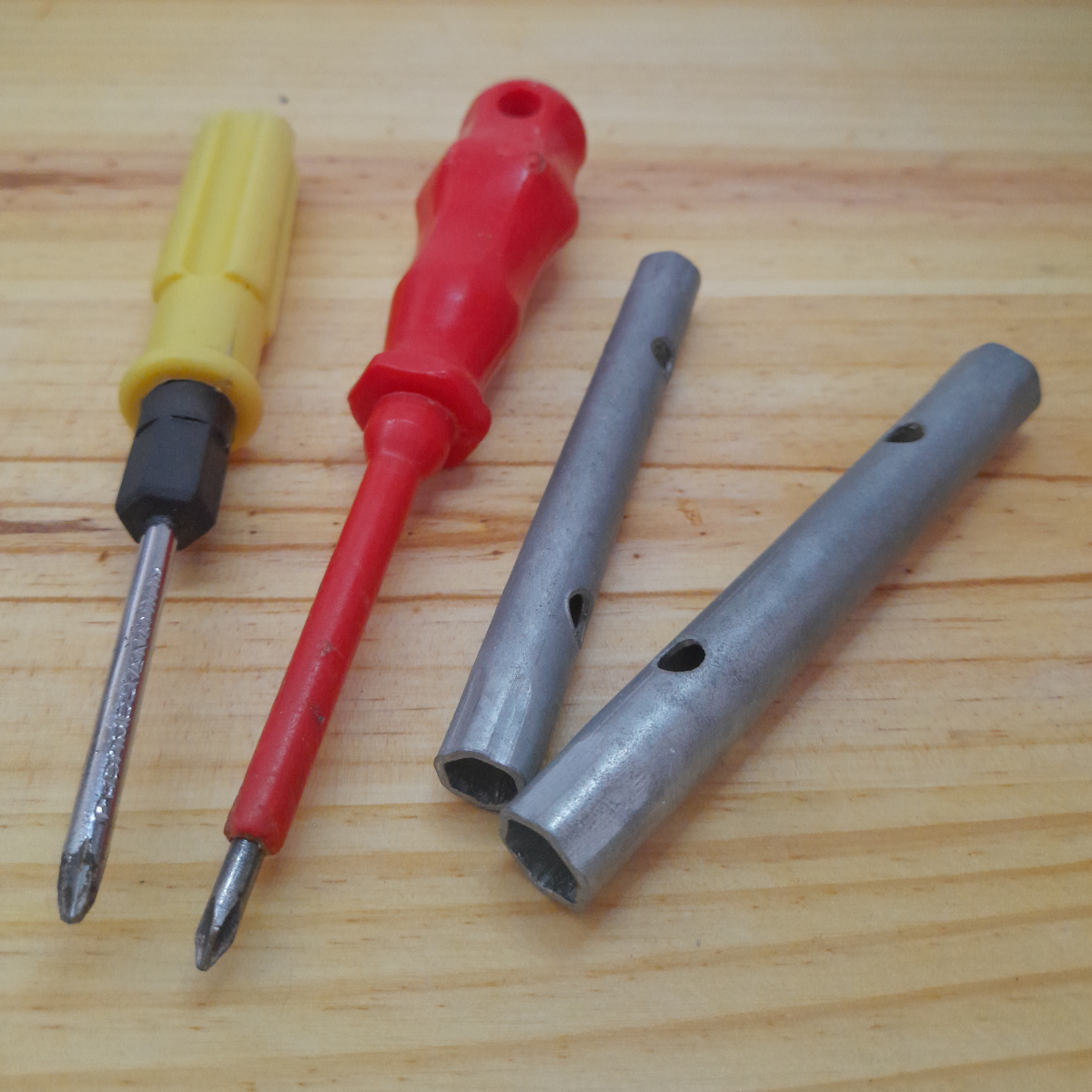
Screwdrivers / Wrench
Some modules have screws to hold the PCBs in place. Mostly used are M3 phillips head (cross) screws.
Very helpful will also be M8 nuts for Potentiometers, M6 nuts for Switches and a knurled nut wrench for the Jacks.
Always be very careful when fixing the components to your front panel to not scratch and damage it.
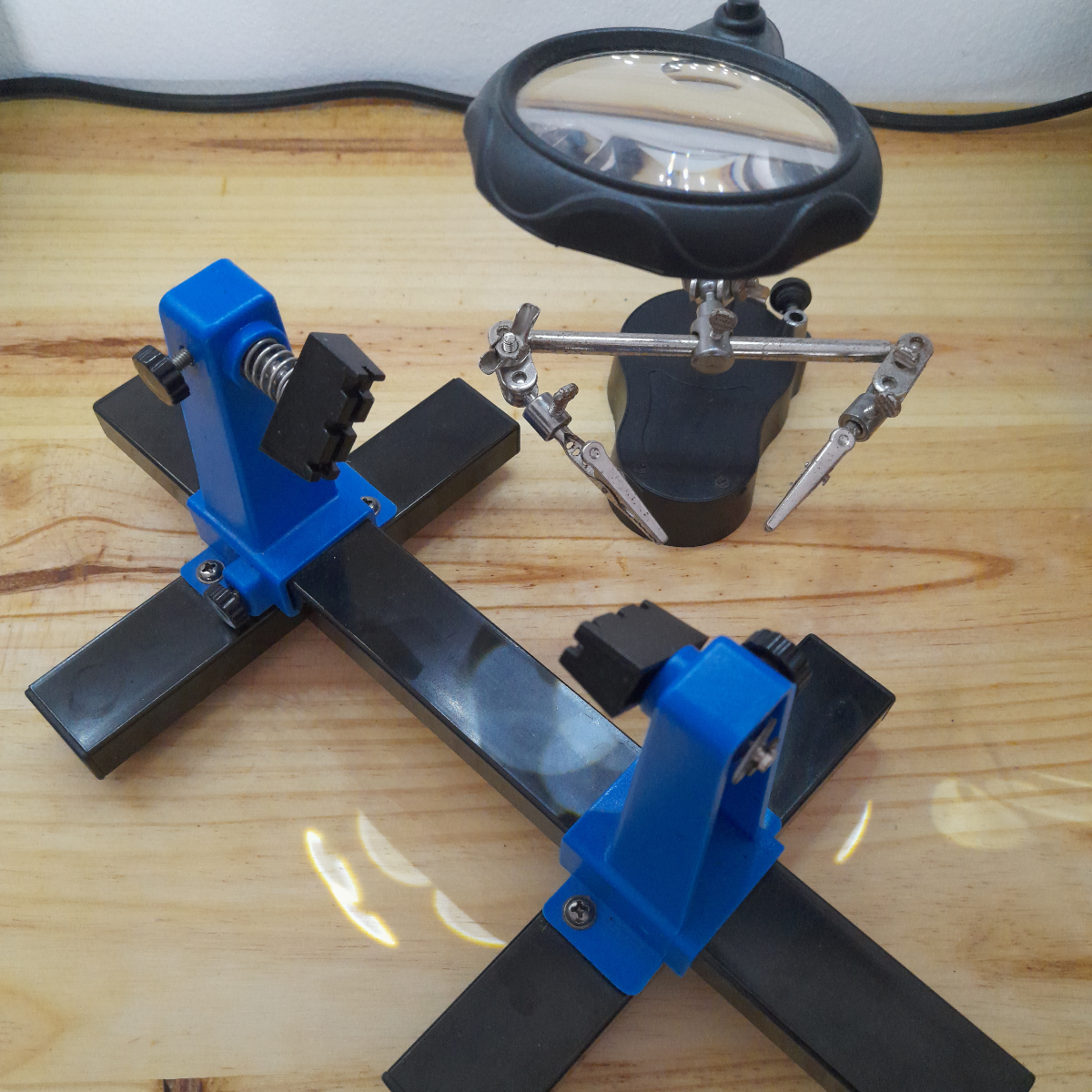
PCB holder
You can always use your working surface to place the PCB you are working on. You can also use things like paper tubes from adhesive tape to place the PCB on.
There is also a lot of options on the market, like helping hands or PCB stands.
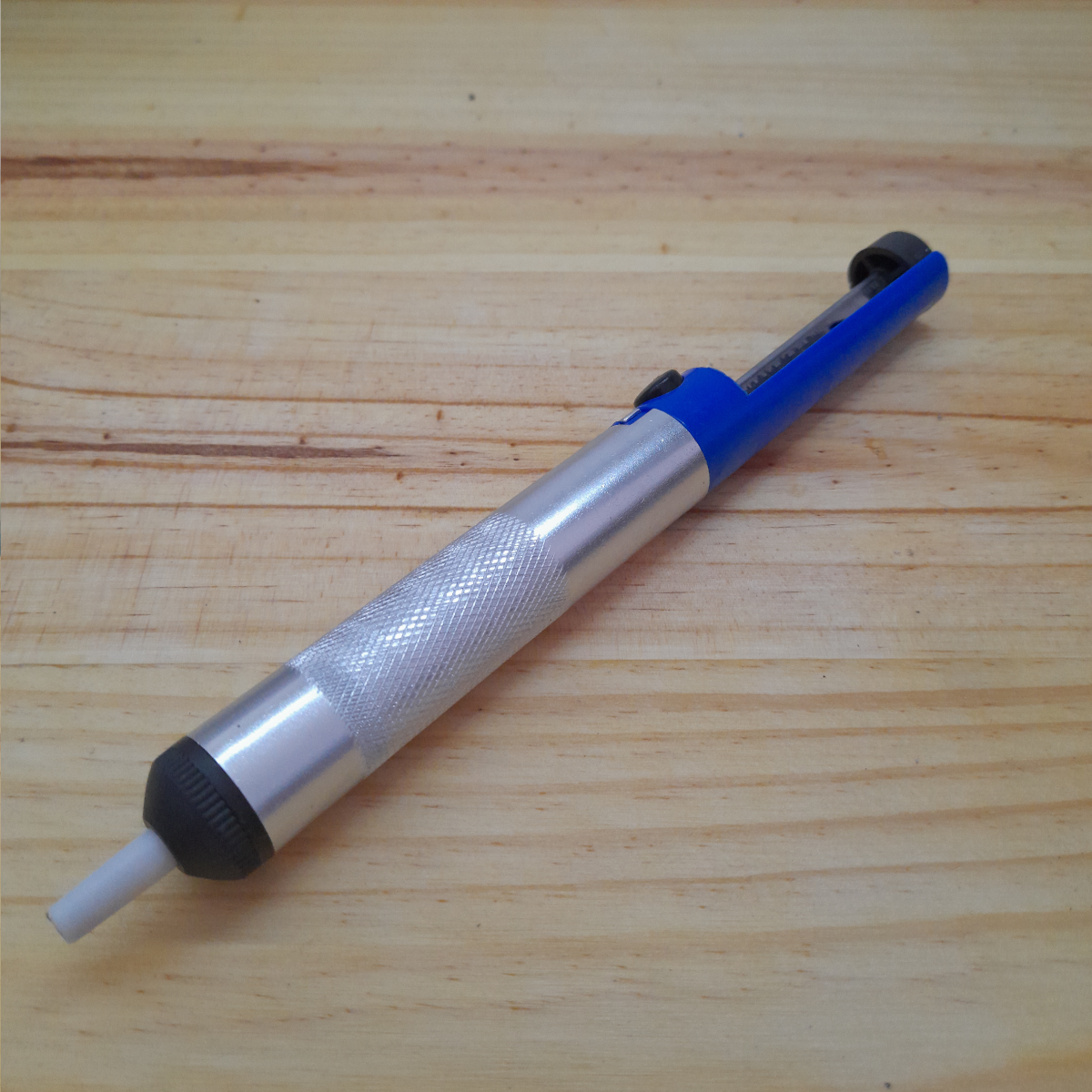
Solder sucker
Sometimes, ou will find yourself in a situation where you need to re-solder a component or switch it with another one. Then a solder sucker comes in handy, by removing the solder from the previously soldered pad or mounting hole. This allows for easy installing of the replacement part.
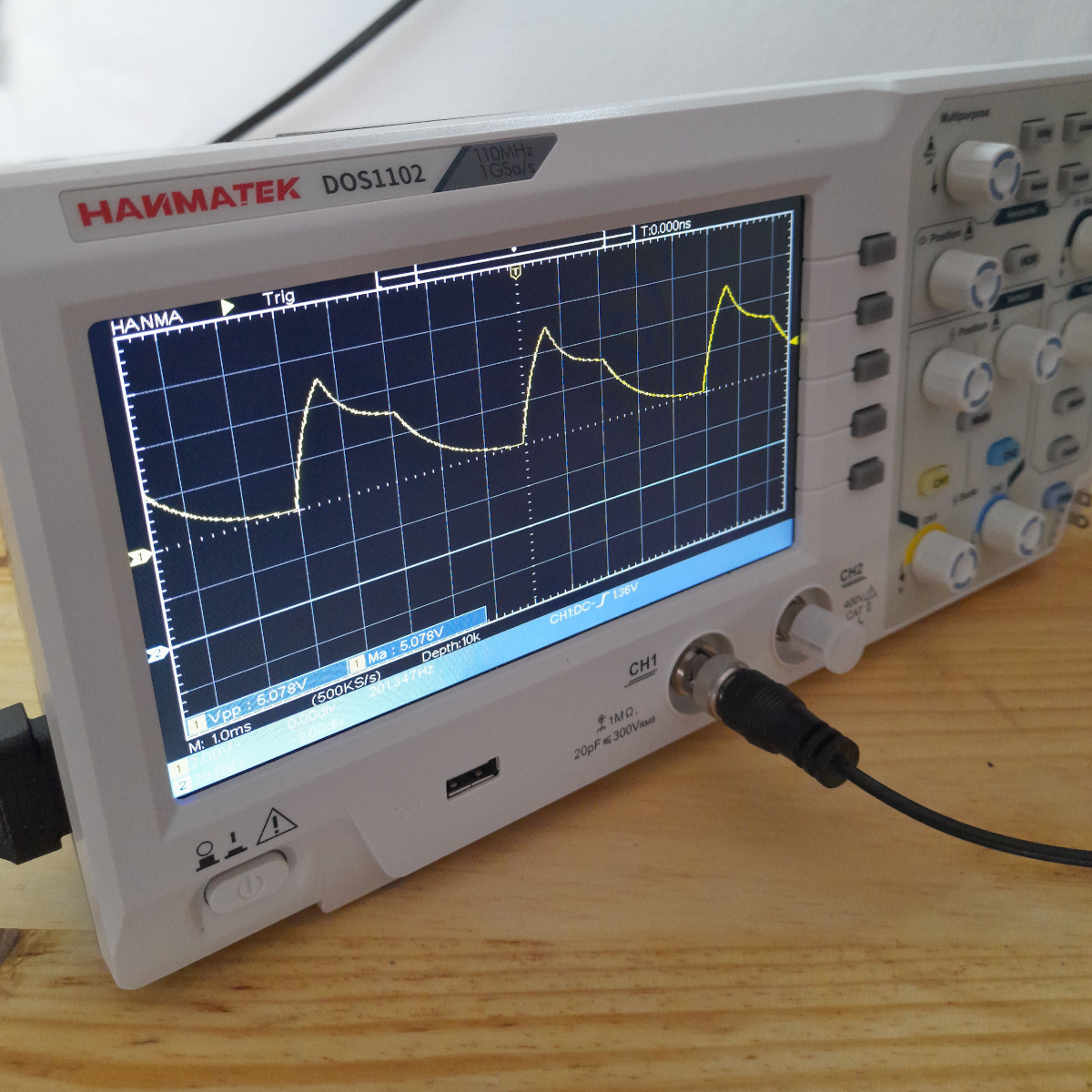
Oscilloscope
One of the more advanced and expensive tools in the list. It is nice to have, to confirm waveforms, voltage levels and frequencies of certain signals.
There is also very cheap options on the market, which might work just good enough for your needs.
